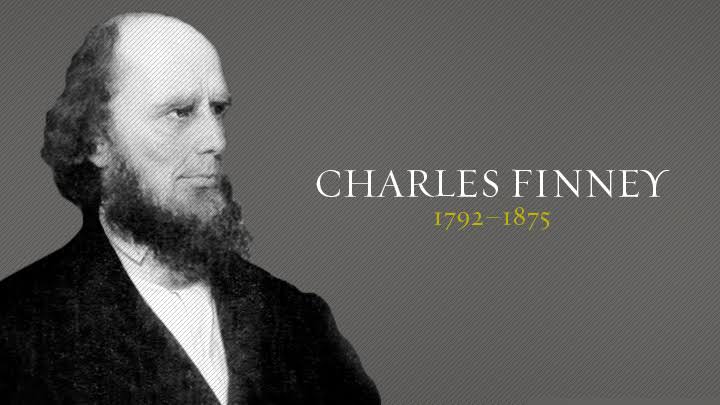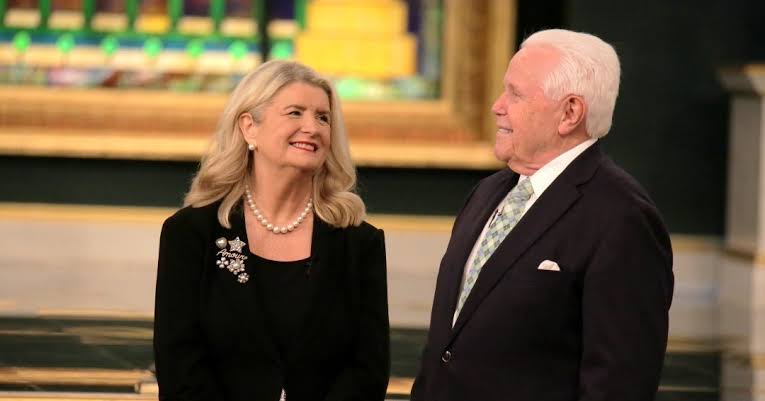**Breaking News: The Life Story of Charles Grandison Finney**
Charles Grandison Finney (1792–1875) was one of the most influential revivalists of the 19th century, often regarded as the father of modern revivalism. His passionate preaching, innovative evangelistic methods, and theological impact helped shape American Protestantism, especially during the Second Great Awakening.
### **Early Life and Conversion**
Born in Warren, Connecticut, on August 29, 1792, Finney grew up in a largely non-religious environment. His family moved to upstate New York, an area later known as the “Burned-Over District” due to its intense religious revivals. Although he had little formal education, he studied law as a young man.
However, everything changed in 1821 when Finney experienced a dramatic conversion. While preparing to argue a legal case, he felt an overwhelming conviction of sin and the presence of God. That night, he surrendered his life to Christ and soon abandoned his legal career to pursue ministry.
### **Rise as a Revivalist**
Finney became a licensed minister in 1824 and quickly gained a reputation for his powerful preaching. Unlike traditional Calvinist ministers, he emphasized human free will and the ability of individuals to accept salvation. His revival meetings were characterized by emotional sermons, spontaneous public confessions, and the famous “anxious bench,” where seekers could pray for salvation.
His revivals swept across New York and other parts of America, drawing thousands to the Christian faith. His emphasis on personal decision-making and immediate conversion set him apart from earlier revivalists.
### **Theological Influence and Social Reform**
Finney’s theology was centered on *Arminianism*, which taught that individuals had the ability to choose salvation. He rejected predestination and instead believed that revivals could be planned and encouraged through human effort.
Beyond evangelism, he was a strong advocate for social justice. He was an outspoken abolitionist, frequently condemning slavery as a sin. He also supported women’s rights and education reforms, integrating moral activism with religious revivalism.
### **Later Years and Legacy**
In 1835, Finney became a professor and later the president of Oberlin College in Ohio. Under his leadership, Oberlin became a center for abolitionist activity and one of the first institutions in America to admit both African American students and women.
Finney continued preaching until his death on August 16, 1875. His influence on American Christianity remains significant, shaping evangelical movements and revivalist traditions that continue today.
### **Final Thoughts**
Charles Finney’s life was marked by a relentless passion for revival, a commitment to social change, and a belief in human responsibility in salvation. His impact extended beyond the pulpit, leaving a lasting legacy in American religious and social history.


